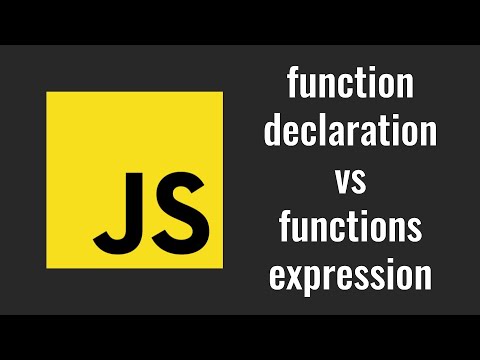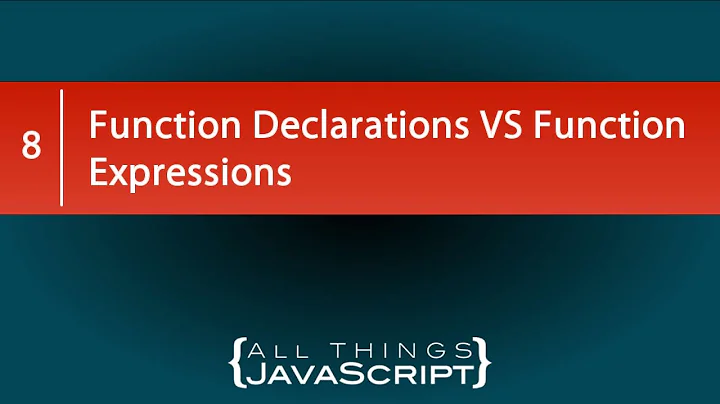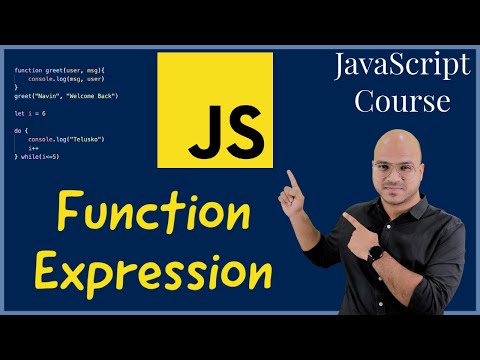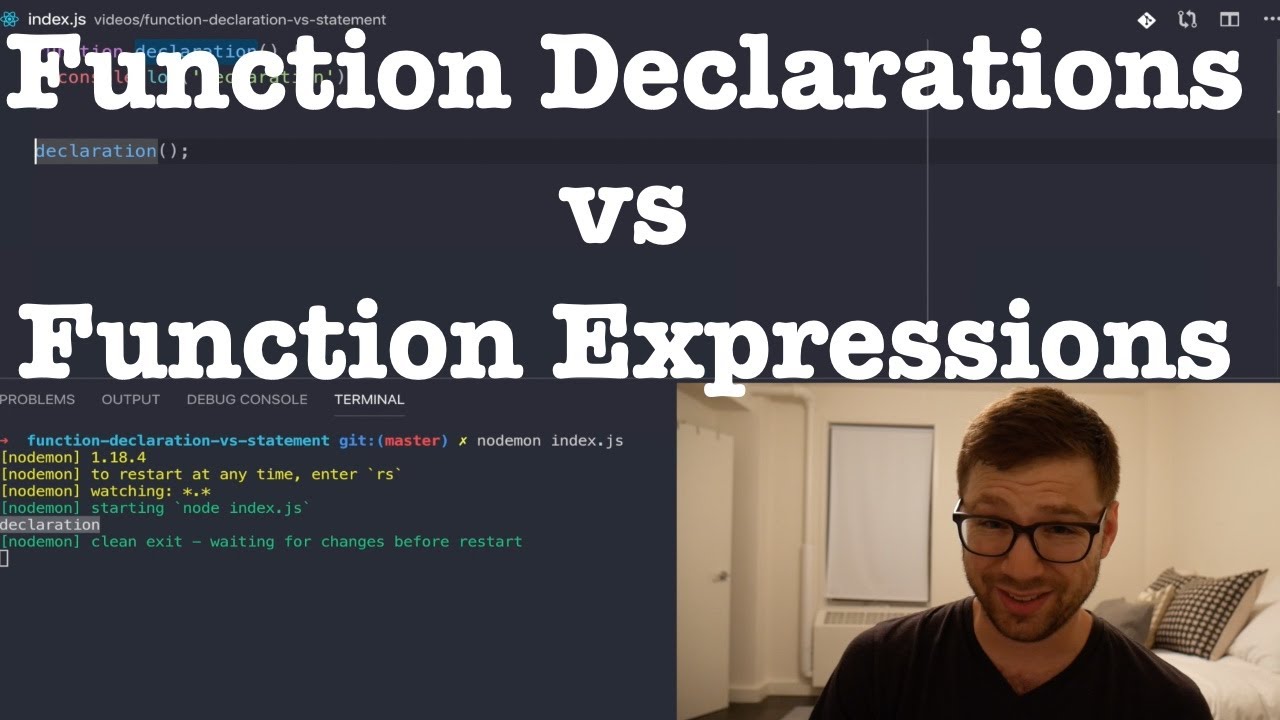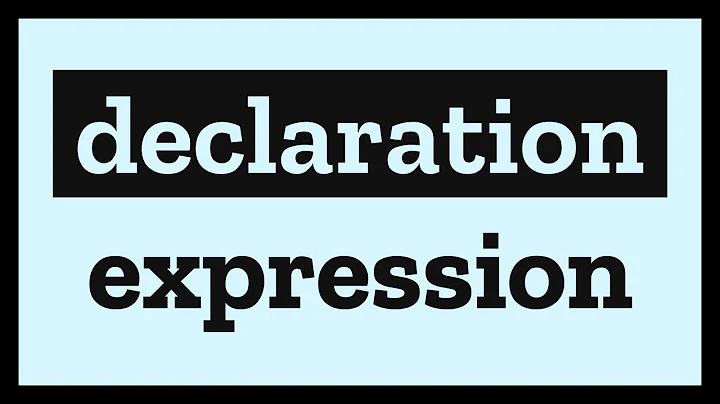Function declarations should not be placed in blocks. Use a function expression or move the statement to the top of the outer function
Solution 1
You should not be creating function inside if block. You are much better off doing:
var e = function(){};
if(typeof console === "object" && typeof console.error === "function"){
e = function (msg){ ... };
}
Solution 2
Explanation
From the jsLintErrors page about the warning Function statements should not be placed in blocks:
This error is raised to highlight code that may not work as you expect it to. In most environments Your code will run without error, but maybe not in the way you expect. In some environments it could cause a fatal syntax error.
That's because
Functiondeclarations are hoisted to the top of the scope in which they appear.Therefore, it is not possible to conditionally declare a function with a block statement.
Example
Let's explore issues raised by this problem with a simple example:
if (true) {
function example() {
console.log('hello');
}
}
The best case scenario is that your code is confusing. In the above example, it looks like what you'd like to do is only declare access to the function if the condition is true. However, when the function is hoisted to the top of the scope, it will actually be interpreted like this:
function example() {
console.log('hello');
}
if (true) {}
This is dangerous because it doesn't look like what you'd expect based on the original code. The conditional block is actually empty (and unnecessary), and everybody has access to the function, regardless of whether the condition evaluates to true or false.
The worst case scenario is that the browser doesn't understand what to do with the nested function and throws a syntax error when trying to use it. This depends on the engine running JavaScript. It seems like Firefox is one such engine. If you run the following code in Firefox, it will throw an error when executing the following code:
if (true) {
example();
function example() {
console.log('hello');
}
}If you open up your console, you should see the following error:

Solution
So how can you fix this?
Use a function assignment instead of a function declaration
Here's a quick breakdown:
// Declaration
function declarationFunction() {}
// Assignment
var assignmentFunction = function() {}
Function Assignments are not hoisted to the top of the scope.
Function Declarations are hoisted to the top of the scope.
So to conditionally set the example function, just assign it within the block like this:
var example;
if (true) {
example = function() {
console.log('hello');
}
}
Related videos on Youtube
Comments
-
 Jamie Hutber less than a minute
Jamie Hutber less than a minuteI have the following code:
if (typeof console === "object" && typeof console.error === "function") { function e(msg) {"use strict"; console.info(msg);} }For which jsLint gives the following error:
Function statements should not be placed in blocks. Use a function expression or move the statement to the top of the outer function.
Why is it giving this error and what does it mean?
-
 Jamie Hutber almost 10 yearsdoesn't say if block though does it! Didn't know what a
Jamie Hutber almost 10 yearsdoesn't say if block though does it! Didn't know what ablockwas
-
-
 Drenai about 5 years@staypuftman It certainly has it's quirks!! In Chrome, you also have to factor in strict/non-strict mode. If 'use strict', then the declaration is not hoisted outside of the if-block, in non-strict mode it is. So the safest option is to go with the lint advice on this one
Drenai about 5 years@staypuftman It certainly has it's quirks!! In Chrome, you also have to factor in strict/non-strict mode. If 'use strict', then the declaration is not hoisted outside of the if-block, in non-strict mode it is. So the safest option is to go with the lint advice on this one
